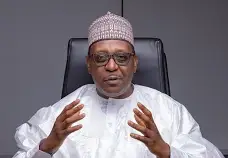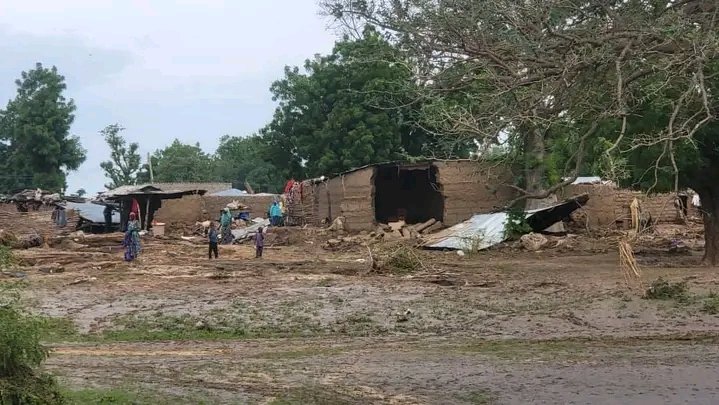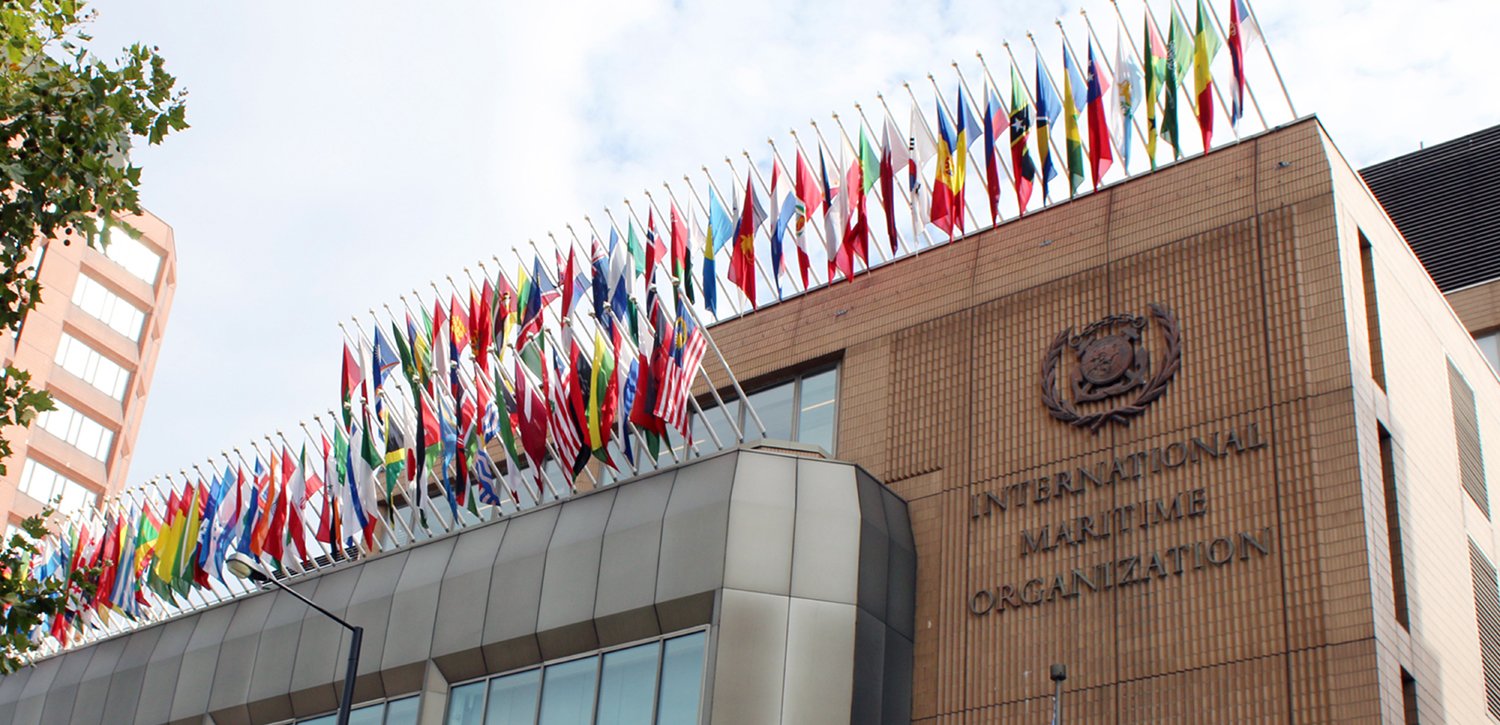In a bid to revolutionize emergency medical response and significantly reduce mortality rates, the federal government has officially inaugurated the National Emergency Medical Treatment Committee (NEMTC).
This strategic initiative brings together a team of seasoned medical professionals, policymakers, and stakeholders to champion a comprehensive overhaul of the country’s emergency services.
With a mandate to ensure timely, effective, and accessible medical care during emergencies, the NEMTC is poised to transform the nation’s response to critical situations, ultimately saving lives and improving healthcare outcomes for citizens across the country.
The NEMTC comprises representatives from various stakeholders, including healthcare professionals, emergency medical services providers, government agencies, and civil society organisations. It is expected to meet at least bi-monthly.
Dr Ismaila Musa Jibrin serves as the Chairman of the NEMTC team, while Prof. Seyeifa Brisibe serves as co-chairman. Other members of the committee are Dr Oyebanji Filiani (Commissioner of Ekiti State); Dr Simeone Onyaemechi (CEO, Anambra State Health Insurance Agency); Dr Muhammed Usman Adis (Executive Secretary, Nasarawa State Primary Health Care Development Agency); Dr Ezire Onoroide (Senior Health Specialist, World Bank); Mr Daniel Atabo (Chief Search and Rescue Officer – NEMA); and the Chairman of the Guild of Medical Directors.
There is also a representative each from the World Health Organisation (WHO), Federal Fire Service, Police Force, Nigerian Communications Commission (NCC), Media, National Union of Road Transport Workers (NURTW), Civil Society Organisation (CSO), Social Workers of Nigeria, Federal Road Safety Corps (FRSC), Nigeria Centre for Disease Control (NCDC) and National Blood Service Commission (NBSC).
The committee, in addition to other responsibilities, is expected to work with other relevant stakeholders to improve and approve the National Emergency Medical Service and Ambulance System (NEMSAS) work plan for the administration of the stipulated five per cent of the Basic Health Care Provision Fund (BHCPF).
It is also expected to provide periodic audited accounts and performance reports to the Ministerial Oversight Committee and coordinate other emergency medical services in Nigeria. It will also ensure the delivery of quality, effective, efficient, and timely emergency medical services in Nigeria, as well as perform any other assignment as may be delegated by the Coordinating Minister for Health and Social Welfare.
Coordinating Minister of Health and Social Welfare, Prof. Muhammad Ali Pate, who inaugurated the committee in Abuja, further highlighted the importance of its task to overall healthcare services for Nigerians, particularly mothers and children.
He described the approach as a timely, appropriate, and efficient response that will reduce the abysmal statistics of maternal and child mortality while contributing significantly to achieving Universal Health Coverage (UHC).
The Minister assured that the government is taking necessary measures to ensure adequate pre-hospital and in-hospital emergency care and referral systems between Basic Emergency Obstetric and Newborn Care (BEMONC) and Comprehensive Emergency Obstetric and Newborn Care (CEMONC) health facilities. It will also ensure financial risk protection for pregnant women in rural settings is provided to improve overall health outcomes and significantly reduce poor indices of maternal and child mortality in the country.
He assured that the Federal Ministry of Health and Social Welfare would work closely with the NEMTC team to achieve its objectives and improve the overall health and well-being of Nigerians.



